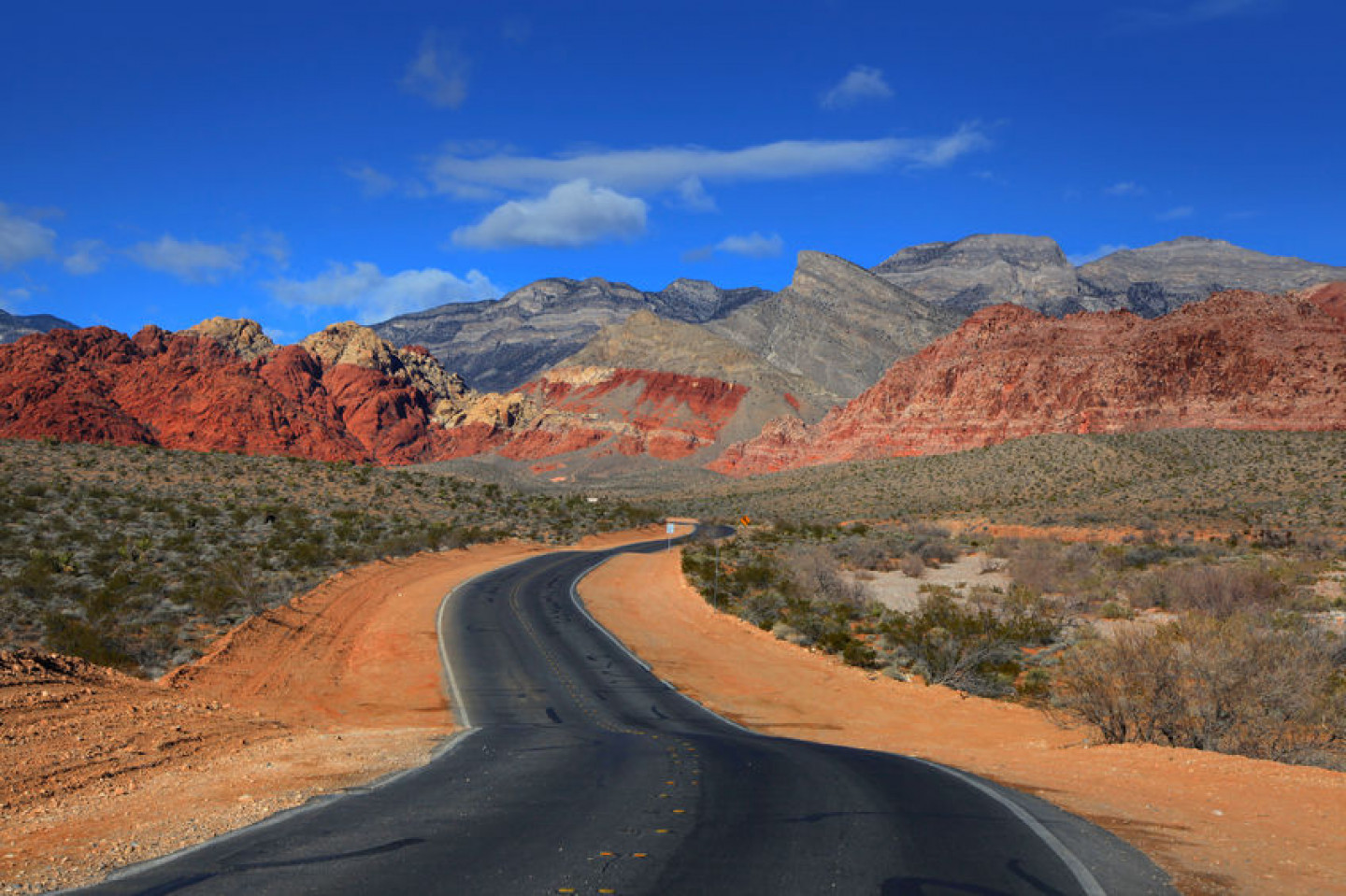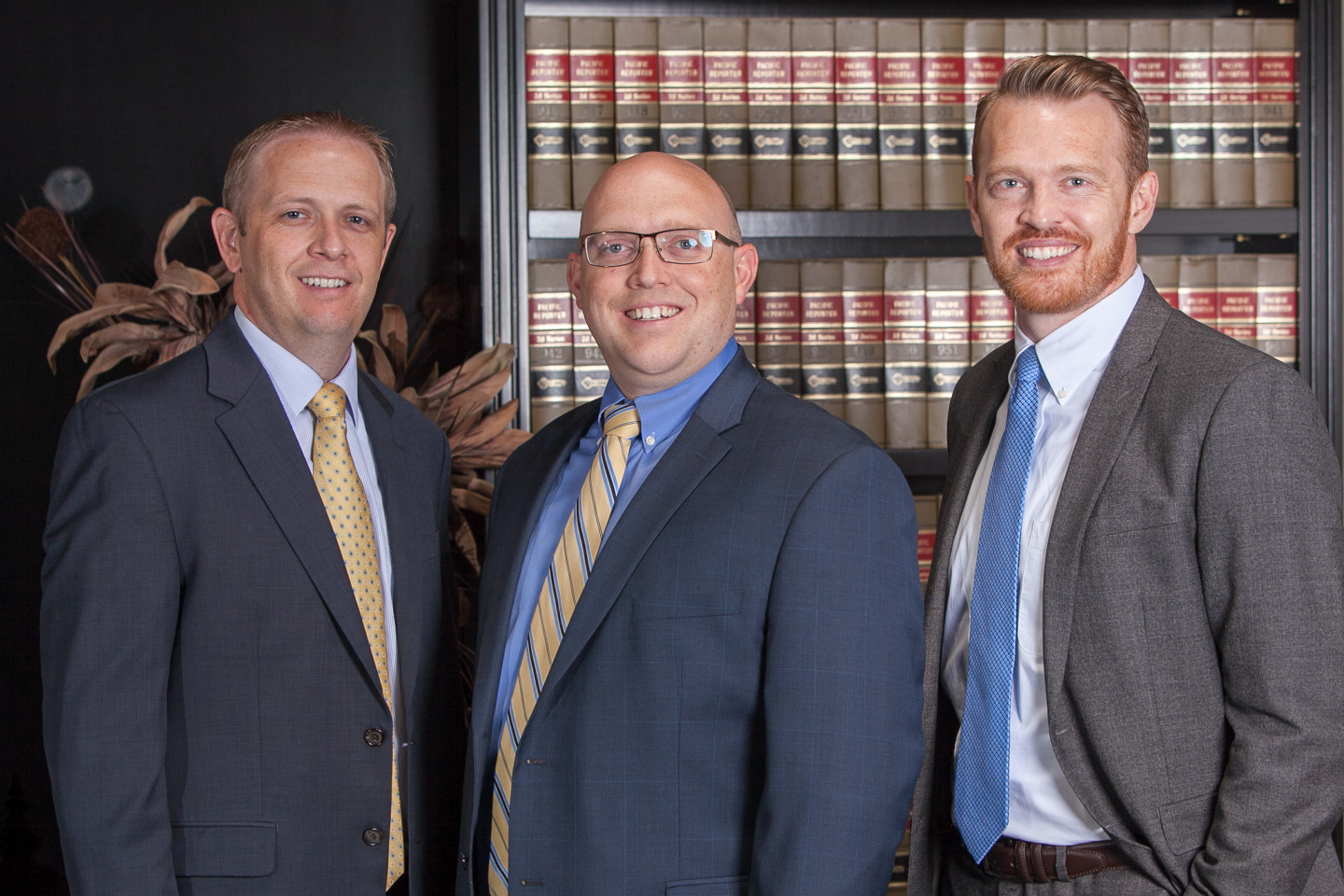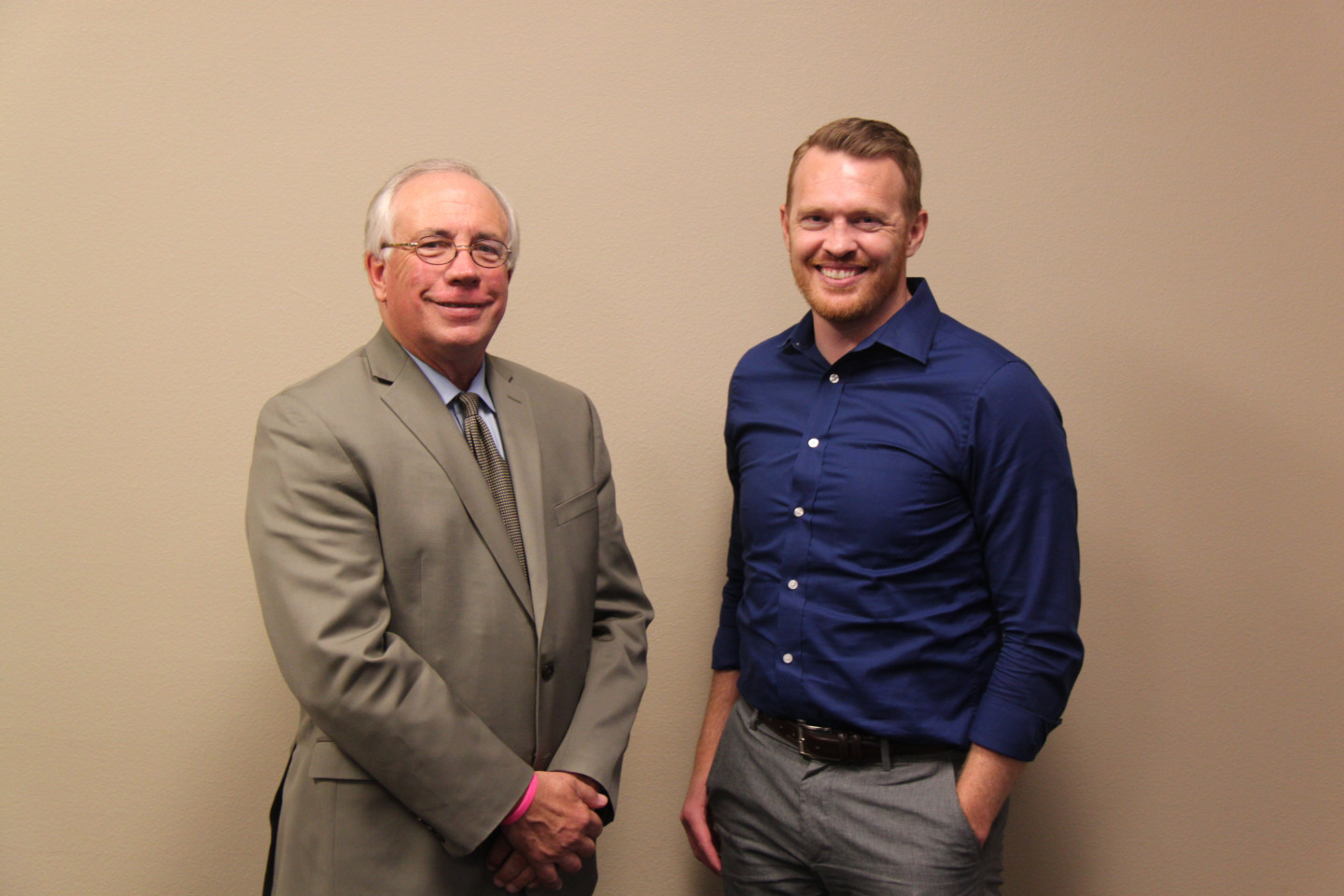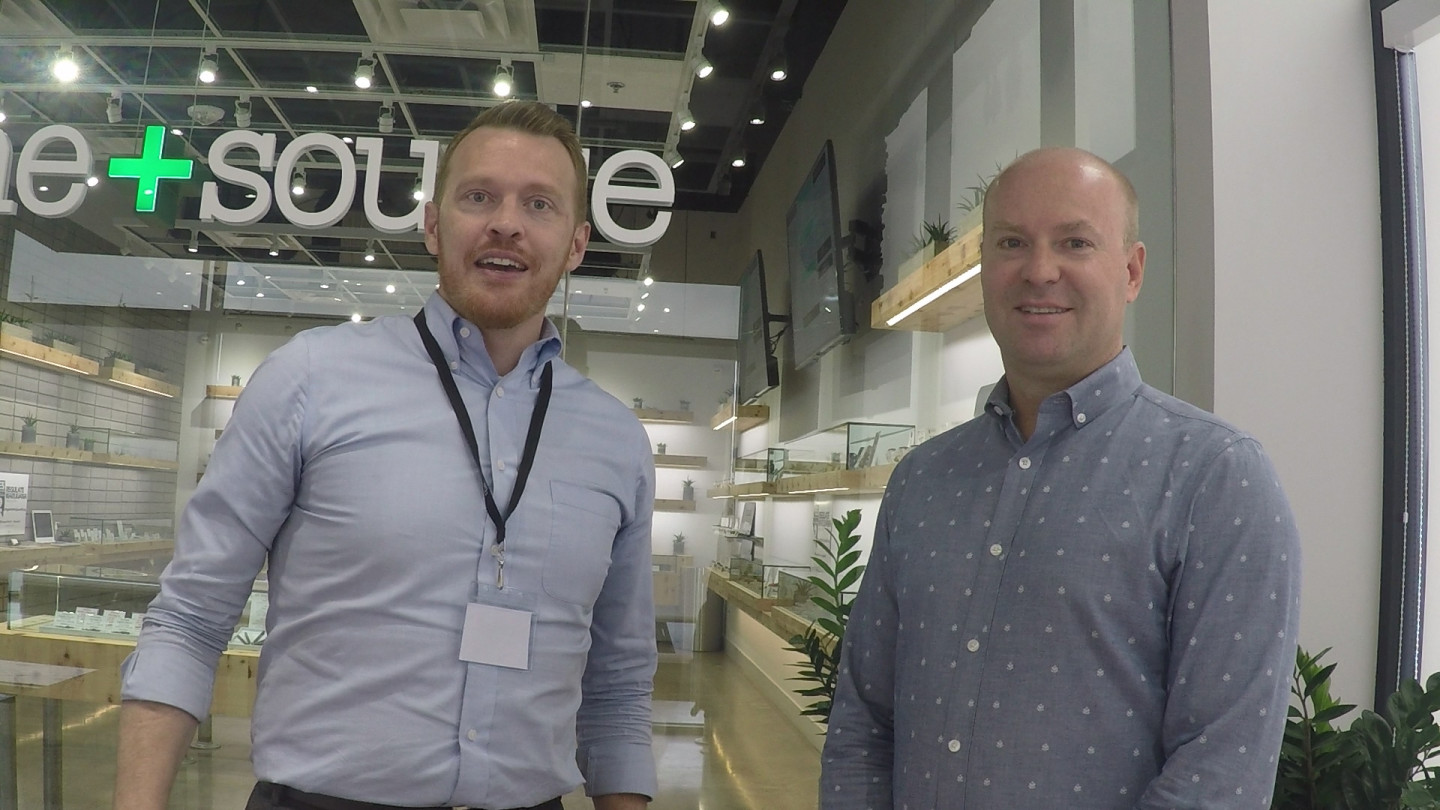[Editor's note]
Welcome to Episode 16! Oh, do we have some fun coming!
But let's not for one moment discount this fantastic conversation that we are proud to publish today!
If you are unfamiliar with the Save Red Rock organization, this column from Steve Sebelius will get you all caught up about who the major players are.
I want to personally thank Mr. Jones for taking time out of his busy day last Friday to explain to us his perspective as to why Clark County is suing his environmental group. This was above and beyond what I hoped for!
If Mr. Sisolak is serious about running for governor as a democrat in this state, he's going to need to explain why the county brought the suit against Save Red Rock.
I have a hard time believing any of the folks marching downtown over the weekend approve of their municipality suing an environmental group to silence it, let alone the people that just reelected him.
I have spoken with Dan Kulin of Clark County and asked him to comment on the anti-SLAPP element of the discussion. He said he would respond in the coming days. I will publish the response when/if he does.
You will see also that Mr. Jones explains why he doesn't trust this specific developer based on their previous history. Please know that I have spoken with Ron Krater of Gypsum Resources and invited him to join us Thursday to defend himself.
My hope is that after a few long-form conversations about Blue Diamond Hill with the relevant parties, the truth regarding the matter will rise.
We publish; you deduce.1)Copyright pending?
See you next time.
-Brian
[End Note]
Jordan Flake: Hi, I'm, Jordan Flake and I'm an attorney with Clear Counsel Law Group and welcome to ClearCast. Today we're really happy to be joined by Justin Jones, also an attorney here in town. We want to address something that we believe is probably near and dear to the hearts of a lot of our viewers, a lot of our clients, a lot of our friends on social media. That is the topic of Red Rock. I don't know about you, but whenever I have people come from out of town, they sometimes ask like, "You know, what is there to do in Nevada or Las Vegas besides the Strip." I'm quick to tell them about the fact that there's a really beautiful Red Rock Preserve just a few minutes from downtown that's really fun to go visit to kind of strike a contrast with the downtown Strip.
Justin, maybe you can tell us, I know that you go by the handle "The Red Rock Guy" on some of your social media. What sort of ... You're an attorney and you relate to this on a legal matter, which we'll discuss in a second but I think it's safe to say you also relate on a personal level. Maybe I'll have you address that quickly first.
Justin Jones: Sure. And thanks Jordan for the opportunity to sort of talk about this issue and it is personal for me. I don't live too far from Red Rock, out in the Southwest part of town. I hike out there. I'm out there with my family on Saturday afternoons, at Spring Mountain Ranch. I was out there, did a trail-run this morning in the rain. It's my happy place. I love to be out at Red Rock, whether it's in the winter or frankly out in the summer. My family was out there earlier this week. We've had a lot of rain and snow and we were able to go to the Children's Discovery Trail and see the waterfalls, which you just don't get to see around here too often. My kids had a blast playing in the water. We're just fortunate, like you said, to have such a national treasure right here within 15, 20 minutes of the Strip.
Jordan Flake: Absolutely. I've been up Ice Box Canyon, hiking with my family. There's all kinds of great things to do out there. I don't think anybody disputes that. Unfortunately, for many years now, the county's been kind of embroiled in a legal battle in which there's kind of, as I see it, three main actors. There's the Jim Rhodes of Gypsum. He's a developer. He wants to develop some land that he purchased from the BLM that is basically Red Rock land. It would basically have a huge influence on that, like you said, that national treasure. There's the county. They're kind of in the middle trying to say, "Well, you know, we do have democratic processes in places for development of property. That's part of what's on the books." Then there's, can I call it Justin's group? You're not the President but you're the lawyer representing Save Red Rock. Is that right? What can you tell us about Save Red Rock?
Justin Jones: Save Red Rock was started about 15 years ago, not just around this issue of the development but around other issues in the Red Rock area. There are a lot of cyclists out there who had trucks going past them on a daily basis. They really got started after one of these cyclists, unfortunately, was killed by a trucker.
Jordan Flake: Oh, did not know that.
Justin Jones: Save Red Rock had worked with the legislature and the county to ensure that there were good speed limits, better speed limits out there, and also to widen the bike lanes out on this Red Rock Scenic Byway, which is State Route 159.
Jordan Flake: My father-in-law loves biking out there. We want to keep him safe, obviously. Right now, can you give us ... I know the procedural history is complicated but what's going on right now? What's the current battle? How's it shaping up? How do you and Save Red Rock play into what's happening right now? My understanding is Rhodes is trying to take a 2,000 acre parcel of land and get it approved for subdivision that would allow several houses on each acre. It would bring potentially 14,000 people and accompanying traffic and infrastructure to this area that just is right, butts right up against Red Rock. You're trying to stop that obviously. What more can you tell us about that situation?
Justin Jones: Sure. Jim Rhodes bought this land more than a decade ago. When he bought it, it was actually an old mine, a gypsum mine. When he bought it, it is zoned that he can build up to one house per two acres. It's not very dense up there right now. The land is surrounded by the Red Rock National Conservation Area on three sides and by BLM land on the other side. In 2010, after some dealings with the county, he submitted an application for development up there. The county approved that plan, with some modifications. Then Save Red Rock, they reached out to us and asked us if we would join with them to pursue a land swap so that they can build down in the valley as opposed to up there and we thought that was a good idea. We joined with Jim Rhodes and pushed the BLM and our congressional delegation to try and make that happen. Unfortunately, the BLM in the end decided they didn't want to go forward. Also during that time, Rhodes didn't pursue his plan and didn't do what he's supposed to do under the county code in order to avoid expiration.
Jordan Flake: So his plans that were approved were, in your view, expired.
Justin Jones: Correct.
Jordan Flake: Which would require him to do that-
Justin Jones: Start over.
Jordan Flake: Start again.
Justin Jones: Right.
Jordan Flake: In the meantime, there was also a statute passed that was deemed unconstitutional and it kind of embroiled the county and the state in some lawsuits with Rhodes. That's relevant because the county and state had to battle it out with Rhodes and pay a big fine or pay settlements and things of that nature. Now, what's happening with the county?
Justin Jones: Well, this is interesting. Back in June of last year, Rhodes went to the county and said, "Hey, I want to restart that application that we had back in 2011." The county said, "Sorry, you have to start over." Rhodes went ahead and submitted a new development plan, paid all the fees and started the process, first going through the citizen advisory council for Red Rock. They said no. They recommended disapproval of the plan. Then went on to the planning commissions, sort of a three step process here. Went to the planning commission and the planning commission heard it in October and unanimously recommended denial. They recommended denial on a number of issues, one of them was that the county has a comprehensive plan. It sort of lays out all the land use values for the entire valley. That area is designated as rural. The planning commission said, "Based on a lot of the traffic and other issues that were raised, as well as on the comprehensive plan, we recommend denials." That was a big win for us. We weren't sure that was going to happen. We sort of walked out of there happy, thinking, "Okay, well surely the county will listen."
Jordan Flake: You just won. Yeah
Justin Jones: Right.
Jordan Flake: You just won because the commission, or hopefully, almost won because they just they looked at it, they examined it and they said no, so you kind of walked out of there really happy. Then what happened. This is where the story gets sad for you.
Justin Jones: This is where it gets kind of weird. The county commission had planned to hear the application on December 7th. On December 7th, they decided they were going to postpone that vote to February 8th. Then two days later, I'm at a pro bono lunch and I get this email that says that the Clark County Commission, that Clark County had sued Save Red Rock. I was stunned. This was completely foreign to me that the county would sue a grassroots conservation organization that's trying to protect our national treasure right here in the Las Vegas valley. There were a bunch of different claims in there. One of them was seeking to prevent Save Red Rock from raising issues at the county commission that it had raised before in the 2011-
Jordan Flake: Because the county is trying to say that plan had never actually expired, even though all of the behavior by both of the parties would indicate that it had expired. They're now saying, "That never expired, therefore, Save Red Rock you needed to complain back in 2011, not now."
Justin Jones: Right. Just to be clear, at the planning commission meeting, the county's own agenda says that the county determined that the prior application expired. That's not just us saying that. That's what the county had said publicly.
Jordan Flake: The county's admitting that it had expired. Their behavior is consistent with the idea that it expired. Now they're coming along, trying to muzzle you in effect, saying "You had your chance in 2011 to oppose this and you didn't."
Justin Jones: Right.
Jordan Flake: Okay. There's really kind of two things that interested us and interested Brian in this story is one, preserving this national treasure that's in our back yard and two, preserving something that is even more important than Red Rock and that's our right to free speech, our right to protest things. Those are kind of the two issues out on the table. Let's just take each one in turn. What can you tell us or tell our viewers to get them really motivated and to understand. You can even pitch your website if you want to. Not your website. Save Red Rock website. To get them to understand what's at stake here, currently.
Justin Jones: The proposal right now is for more than 5,000 homes to be built on top of a mountain that is next door to the conservation area. Under the proposal, they're saying 5,000 homes but frankly, if you read the actual text, it could be 8,000 or 9,000 homes. Like you said, that can be 14,000 people living in 5,000 homes or it could be more than that if they ended up building more homes than that. We go from zoning of one home per two acres to two and a half per acre. That's a 500% increase in the zoning for that area.
Jordan Flake: Density of residents.
Justin Jones: Right. Big change in the density. There's also an issue of how do you get up there? Right now there's just one dirt road that comes from the Red Rock side. The county's already said they can't use that road. The BLM has already said they don't have a right of way for traffic to go up there. The alternative is that they have to go up the east side of the mountain. To get there, they have to come off of Blue Diamond Road, which is already congested as a result of Mountain's Edge and Rhodes Ranch and all of the other development that are along the Blue Diamond Road.
Jordan Flake: You're sitting here as an attorney for Save Red Rock, and as somebody who on a personal level enjoys Red Rocks, saying, "I don't want 5,000, 8,000 homes. I don't want the infrastructure that'll make future approval of kind fill in developments."
Justin Jones: Right. It's more than that. If this were a developer who had a pristine record, maybe things will be a little bit different. Jim Rhodes has a long history of bankruptcies. He has a history of walking away from projects in Arizona and Nevada. He has a history of not doing what he said he was going to do. With Rhodes Ranch, he was supposed to build a nice park right there. The county and others had to fight him for years just to get him to do what he said he was going to do.
Jordan Flake: Initially, to get-
Justin Jones: Promises of this is going to be a beautiful development with lots of open space sound great, but he doesn't exactly have a great record.
Jordan Flake: You're concerned it'll just be a money grab that will have no regard, whatsoever, for the physical impact and things of that nature. He'll just try to get through things as quickly as possible.
Justin Jones: Exactly.
Jordan Flake: That's where Justin is coming from and it's a valid concern for somebody like me who loves Red Rock and wants to preserve that in our back yard essentially. Talk to me a little bit, or talk to us a little bit about this, the anti-SLAPPing too. Preserving Red Rock is not the only thing on the line, we also talked about is the county trying to muzzle you. Do you feel like your first amendment rights are at stake here, to some extent?
Justin Jones: I think absolutely. If you guys understand what anti SLAPP means. SLAPP suits are strategic lawsuits against public participation. There were several states over the last few decades that passed anti SLAPP laws, which basically say, "If you're trying to shut somebody up, the party they're trying to shut up has the ability to go straight into court, quickly, and file a motion to dismiss that gets in front of the court and says, 'Hey, they're trying to abridge our first amendment rights. Dismiss this lawsuit or dismiss the claims that are trying to shut us up.'"
Jordan Flake: That's interesting. We actually had a situation on our website where somebody was just ripping us apart on Facebook for something we didn't do. They were just having cousins and aunts and uncles join on and we thought about suing them. Then we were concerned about that, whether or not that would fall under this anti SLAPP situation so we kind of held off to try to find other ways to do it. It was very very unfair but it, ultimately, as a law firm, we want to side on, we want to be on the side that says, "People get a chance to discuss openly and publicly what should be done. You feel right now by the country saying that 2011 thing never expired, you guys can't fight it, that they're essentially trying to take you out of the public forum.
Justin Jones: It's more than just the they're trying to go back to 2011. They actually, their second claim in the lawsuit actually says we should be barred from raising arguments that were raised in 2011. Based on that, we filed an anti SLAPP motion to dismiss and that's going to be heard early next month. We're pretty optimistic. We did not ask to dismiss the whole lawsuit because there are some other claims that we feel are at least legitimate for going forward. They did aggressively file a motion for summary judgment during the holidays, so we responded to that motion for summary judgment earlier this week. We feel pretty confident that at the hearing the judge is going to side with us and agree on some of the other issues in the case.
Jordan Flake: We'll have to see how that goes. We'll follow that closely. You'll be the one at the hearing, making the arguments?
Justin Jones: I'll be arguing.
Jordan Flake: Well, good luck with that and you know, really what's at stake here is this concept of, can a county, this is why this is a little bit shocking to Brian and me, it's a little scary with your regular citizen worried about a county filing a lawsuit against a grassroots environmental organization saying, "You can't participate in this public forum contest."
Justin Jones: It's your taxpayer funds that are paying the lawyer to sue you as citizens.
Jordan Flake: You as citizens and I need to at least be very educated about the fact that this is happening. Our county representatives are, it appears, according to Justin Jones, reaching out and putting their hand over the mouth of a grassroots organization. That's a big concern in our democracy. That being said, if you're out there and you're the county or you're Jim Rhodes and this video happens to make it up on your laptop, feel free to come in and give us your side of the story. We try to fair at ClearCast and hear everybody out. Maybe there's something that we're misunderstanding. Jump on our Facebook. Comment on there. Jump on our blog. Make comments. We're happy to hear all viewpoints.
Justin, I found what you say really concerning and persuasive and educational. I really appreciate it. Anything, last word you want to throw in here before we go?
Justin Jones: Sure. Again, thanks so much for the opportunity. If you want to learn more, be sure to go to saveredrock.com. We have a petition that we started in September to keep Red Rock rural. We already have nearly 30,000 signatures. Go on there, sign a petition and learn more about this issue.
Jordan Flake: Justin, thanks so much. We really appreciate you joining us.
Justin Jones: Thank you.
Jordan Flake: Thanks so much and we'll see you next time on ClearCast.
Footnotes
| ↑1 | Copyright pending? |
|---|



















